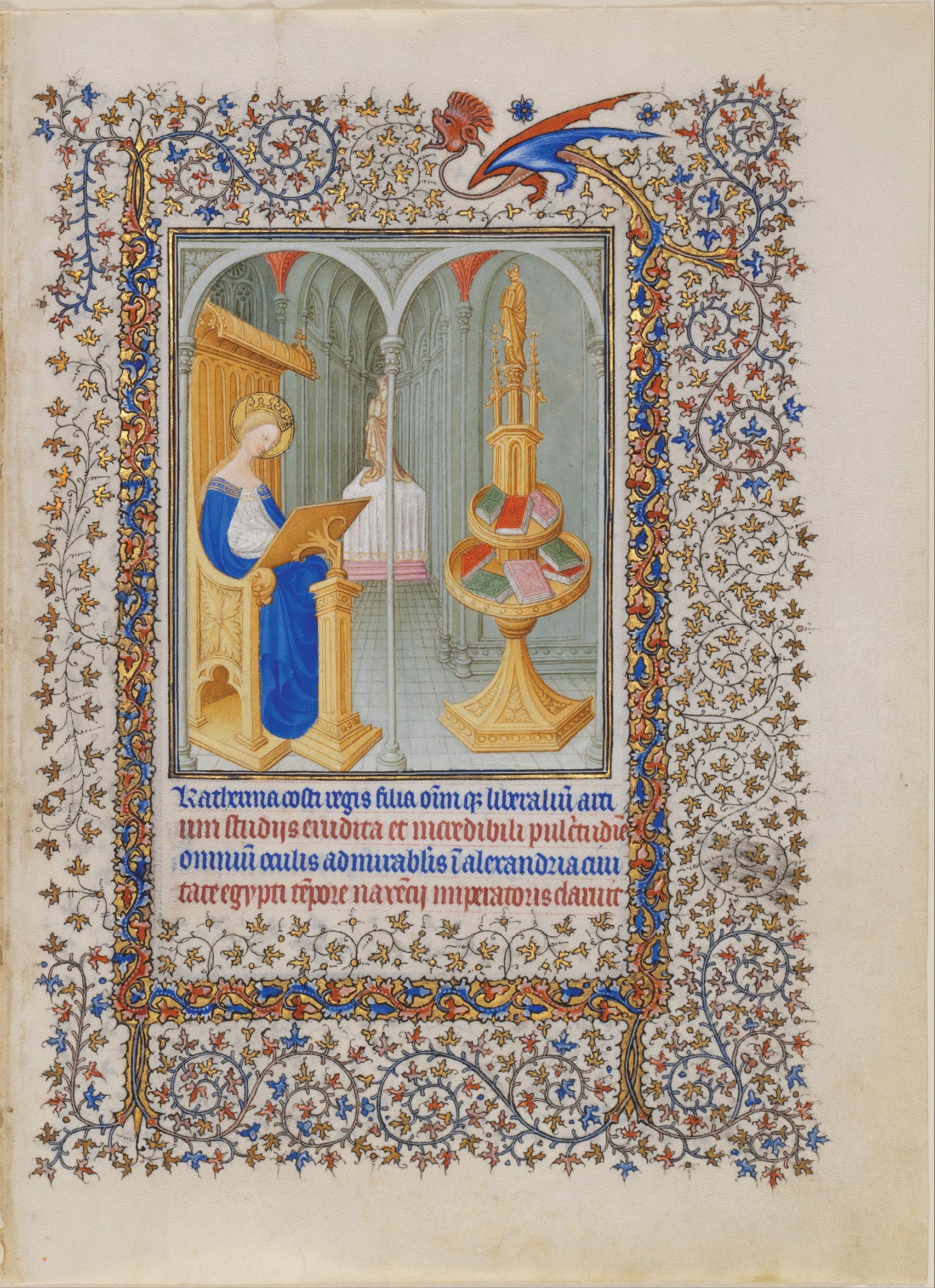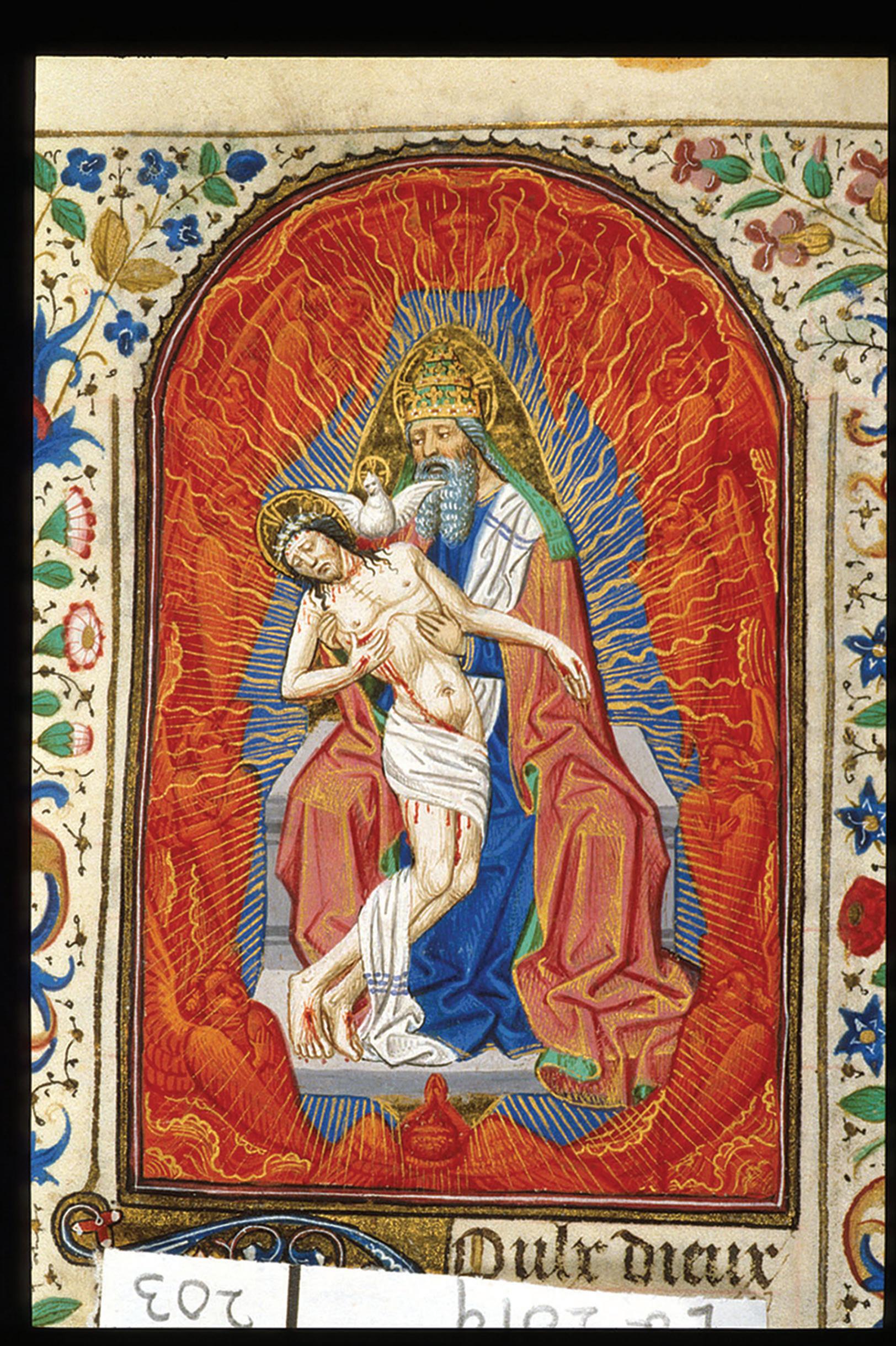
5 minute read
Our Common Search for the True Philosophy of Life
From the first years of youth, I have felt a bit like a stranger in a strange land, wondering for what purpose I came into the world and what principles, if any, govern this place through which we are all journeying. What are we to do with this life we have been given? What lies ahead of us, on the horizon? What, finally, do we need to know if our lives are not to be squandered, to be lived in vain and ended in futility? Such questions haunted me all the more because it seemed clear that everyone else must also be trying to answer them, and yet there seemed to be so few who were willing to address such matters except in superficial ways.
In the midst of asking these questions while working my first job, with a large financial firm in Boston, I came across a notice in the Boston Herald concerning Fides et Ratio, a new “encyclical” by Pope John Paul II. I did not know what an encyclical was, but a strange urge came over me to find this one and to read it. Read it I did, and found in its opening pages affirmation of the issues that had preoccupied me. The
Advertisement
7
world over, in civilisations ancient and modern, wrote John Paul II, human beings ask, “Who am I? Where have I come from and where am I going?” Such questions are part of the “quest for meaning” that compels “the human heart”. Out of these questions, Pope John Paul continues, emerges that “implicit philosophy” proper to every human life, which aids us in finding and taking a path away from futility and towards fulfilment.
Human beings seek happiness, they are moved by love towards wisdom, and they sense in their own natural longing that the great gift of reason culminates in an encounter with truth that transcends it. We begin in wonder before the mystery of the world, and all our seeking culminates in mystery as well. The great challenge is to be faithful to that mystery all the way through to the end. “Without wonder,” Pope John Paul II argues, “men and women would lapse into deadening routine and little by little would become incapable of a life which is genuinely personal.” In the Pope’s words I sensed, as if for the first time, someone who not only recognised but threw down like a gauntlet such a great argument. All human beings are struck by the wonder of existence. We all want to know the truth, and to search for the truth in love is philosophy; philosophy is a longing and a searching whose end we only know when we find ourselves struck once more by a mystery that transcends us, and thus appears suddenly worthy of our attention, our standing in awe.
8
When I read Acts, the New Testament account of events after the Ascension of Christ, and found St Paul, in the Areopagus of Athens, proclaiming to the philosophers who stood about chattering that he had words that would fulfil their thoughtful longings, I felt like one of those Athenians. I wanted to hear more. When I read St Justin Martyr, I found that his “Apologies” for Christianity recognised the incipient philosophy proper to his audience’s lives and sought to lead them by reason to a full cherishing of the truth. So also in Dante’s Divine Comedy and the novels of Dostoyevsky I found that the Christianity these works proclaimed was the fully revealed answer to the questions all of us are silently asking. I must also mention another almost chance encounter with a book. Once, in a library, I came across a giant manual of scholastic philosophy. The contents, at first glance, looked as dry as the flaking pages and cracking spine of the volume itself. But, posted at the beginning were the words of Cardinal Mercier, the great Catholic philosopher and Belgian churchman of Louvain. Writing just after the German army’s sacking of Louvain, early in the First World War, Mercier proposed that the world would not have descended into war if only it had taken more to heart the Christian philosophy of life to be found in this hefty tome.
Would a better knowledge of truth have stopped the war? That’s not a question we can answer. What we can say is that the many questions proposed by human nature’s incipient philosophy find profound, compelling answers in the
9
gospel that the Church proclaims. The faith of that gospel is summed up most succinctly in the Nicene Creed, the Church’s long-discerned, fundamental statement of belief about God and what he has done.
My aims in this book are to welcome all who read it as fellow pilgrims in search of the Way, to begin with the fundamental, existential conditions in which we all share, and to meditate upon the distinct parts of the Nicene Creed. I hope to show how the Creed responds to those questions to which all persons naturally seek answers, namely that it does so in a way that opens onto great mystery. By this I mean that the answers to the fundamental questions we ask in keeping with our human nature are always supernatural ones, revealed ones, that lead the reason beyond itself, not to violate its principles but, rather, to deepen and super-elevate them. Questions with simple answers are dead questions. Questions that open onto mystery are the only ones worthy of our life and attention. What the Nicene Creed teaches speaks directly to the questions we are already asking, but it calls us out of ourselves to the life of faith, the life of grace, the life of supernatural mystery. Faith itself is the means by which the reason at once fulfils and transcends itself as it comes to know truth while entrusting itself to mystery.
What is that supernatural mystery? That God who is the creator and principle of all things sent his Son to take on flesh and open the path of salvation to all humankind; that the Incarnation of the Son of God, Jesus Christ, reveals to us
10
the truth about ourselves; that the Holy Spirit makes possible our baptism into the Church; that, through entrance into the Church, the longing for love, truth and communion that all human beings feel at the natural core of their own humanity finds supernatural fulfilment; that human nature finds fulfilment only through participation in the divine life of Christ; and that such participation (our entrance into communion and fulfilment in the mystical body of Christ) is already here, around us, waiting for us to do as little as ask a sincere question before it confronts us and invites us in.
In the pages that follow, I have kept citations to a minimum, providing references only to passages in Scripture or in the Catechism of the Catholic Church (CCC), where the reader will find rich elaboration of the ideas introduced here.
11


